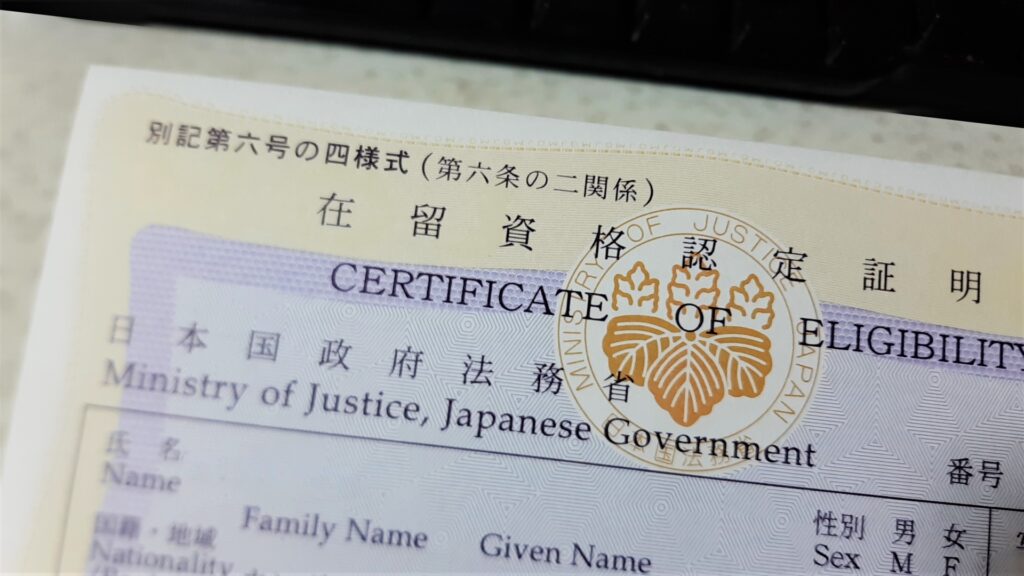外国人雇用の手順とビザ取得ガイド
募集職種と在留資格
外国人を雇用する際には、先ず募集したい職種の業務が29種類ある在留資格のいずれかで認められている業務であるかを確認する必要があります。
在留資格の種類や条件は以下の通りです:
在留資格の種類例:
- 技術・人文知識・国際業務(営業、通訳翻訳、企画マーケティング等)
- 特定技能(飲食店、農業、建設業、食品工場等)
- 高度専門職(高度人材)
- 永住者、日本人の配偶者等、定住者(就労制限なし)
要件例:
- 大学を卒業して学士以上の学位を取得している
- 日本で行う業務に関する実務経験が10年以上あること
- 日本語能力試験(JLPT)の合格証など
在留資格毎に学歴、実務経験年数、報酬額、日本語力等の要件が定められています。

詳しい在留資格一覧については、こちらをご覧ください。
外国人を雇用する際の注意点
外国人を雇用する際の注意点:
- 確認すべき事項:
- 在留資格毎の各要件・基準を満たしているか(学歴、職歴など)
- 過去の在留状況に問題はなかったか
- 過去にビザ申請が不許可になったことはないか
- 長期的な雇用が可能か
- 渡航費用や住居の手配に関する企業負担
ポイント:
不許可になったケースがある場合も、事情次第で許可を取得できる可能性があります。
在留資格の取得
外国に在住している場合:
申請先: 企業の所在地を管轄する出入国在留管理局
申請種類:在留資格認定証明書交付申請
申請することが出来る人:外国人又は企業の職員
必要書類:
- パスポートの写し
- 履歴書
- 労働条件通知書又は雇用契約書
- 在留資格の要件に応じて大学の卒業証明書、退職証明書など
- 在留資格認定証明書交付申請書
- 企業側の疎明資料
日本国内に在住している場合:
現に付与されている在留期間内に必要書類を揃えて外国人自身で在留資格変更許可申請を行います。
注意: 過去の在留状況(例: 資格外活動違反)が影響する可能性があります。
入社後に留意すること
法令順守:
- 労働保険・社会保険への加入
- 入管へ申告した業務内容を厳守すること
業務内容を変更させたい時:
- 事前に就労資格証明書交付申請を行うことを推奨。審査結果に基づいて変更可能か判断します。
解雇・退職時の対応
解雇・退職時の対応
入管への報告が行われることで、外国人の適正な管理が強化されます。
解雇または退職が発生した場合、入管への報告義務はありませんが、適切な報告が推奨されます。
外国人雇用に関するリスク回避
外国人雇用は入管法や在留資格の各要件・基準の理解が不可欠です。
採用計画の段階からご相談くださればスムーズな外国人雇用をサポートいたします。

